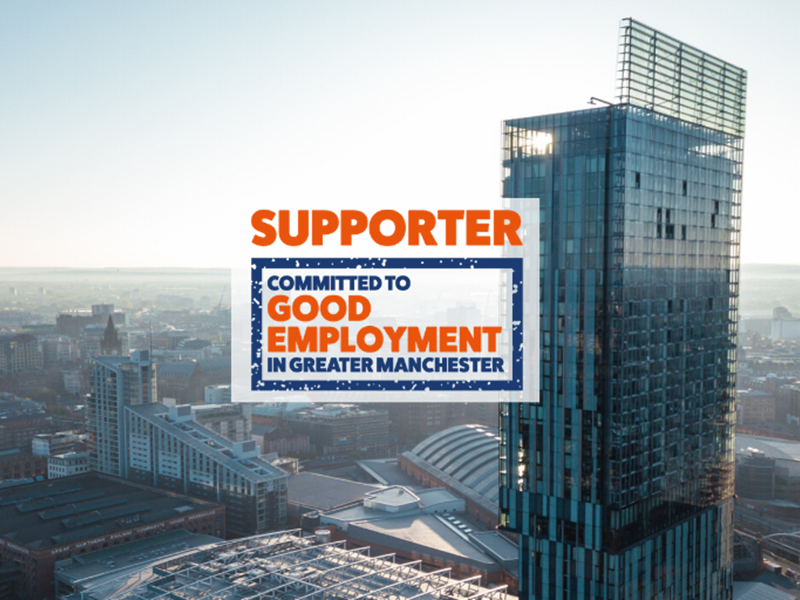Why it Matters
Employers that have fair and flexible working and recruitment practices are more productive, and more innovative.
Encouraging and enabling employees to reach their full potential benefits not just them, but also the employer’s business or enterprise. Employers that treat their employees fairly benefit from improved morale, greater loyalty, higher retention and a reduction in recruitment and training costs.
A diverse workforce that reflect the diverse range of customers, service users and the community in which they are based are more creative, and more innovative. Having a wide range of skills and experience that reflects all of society, including those with disabilities, from varying ethnic backgrounds or offers a balanced gender representation means that businesses are more likely to design products and services for a broader base.
There’s also a strong link between gender-balanced organisations and corporate performance. Businesses that fully embrace diversity in all its facets whether a higher ethnic mix or a mix of men and women responsible for leadership positions, do better on measures like return on investment and total shareholder return.
Equality and fairness are at the heart of the GM Good Employment Charter. In an increasingly complex work environment, diversity helps employers adapt and survive in different circumstances and changing environments. For Greater Manchester it also means we’re making the best use of the talents and experience of all our people.
Taking steps to improve gender equality will support women to reach their potential. This benefits not only the individual women, but also businesses who are able to harness under-utilised female talent.
There are also huge range of benefits for businesses in employing people with disabilities. Most importantly, employers can gain access to a wider pool of talent and skills that is largely untapped. There is evidence that despite fears to the contrary, employees with disabilities take less sick leave and contribute extensively to the organisation.
Membership Criteria
Charter members will be expected to provide evidence of the recruitment of a diverse workforce drawing on the talents of all of Greater Manchester’s communities through:
- Selection processes designed to eliminate unconscious bias;
- Inclusive and fair recruitment practices with equality and diversity issues integral to all;
- Recruitment processes which are anonymised, including the disability confident scheme (or equivalent) and consistent with the ‘ban the box’ campaign (removing criminal record tick boxes from application forms, or equivalent);
- Job adverts which clearly specify the forms of flexible working that could be compatible with the role and the number of hours to be worked (see Flexible Work). Consideration should be given to a wide range of forms of flexibility that could potentially be made available to job applicants;
- Recruiting managers having completed equality and diversity training;
- Recruitment methods appropriate to the role and the candidate – e.g. with adaptable methods of communication, interviews and other activities;
- Recruitment processes, including the advertising of roles, which actively encourage the recruitment of a diverse workforce;
- Monitoring of the diversity of their workforce to understand its changing nature and progress toward greater diversity.


